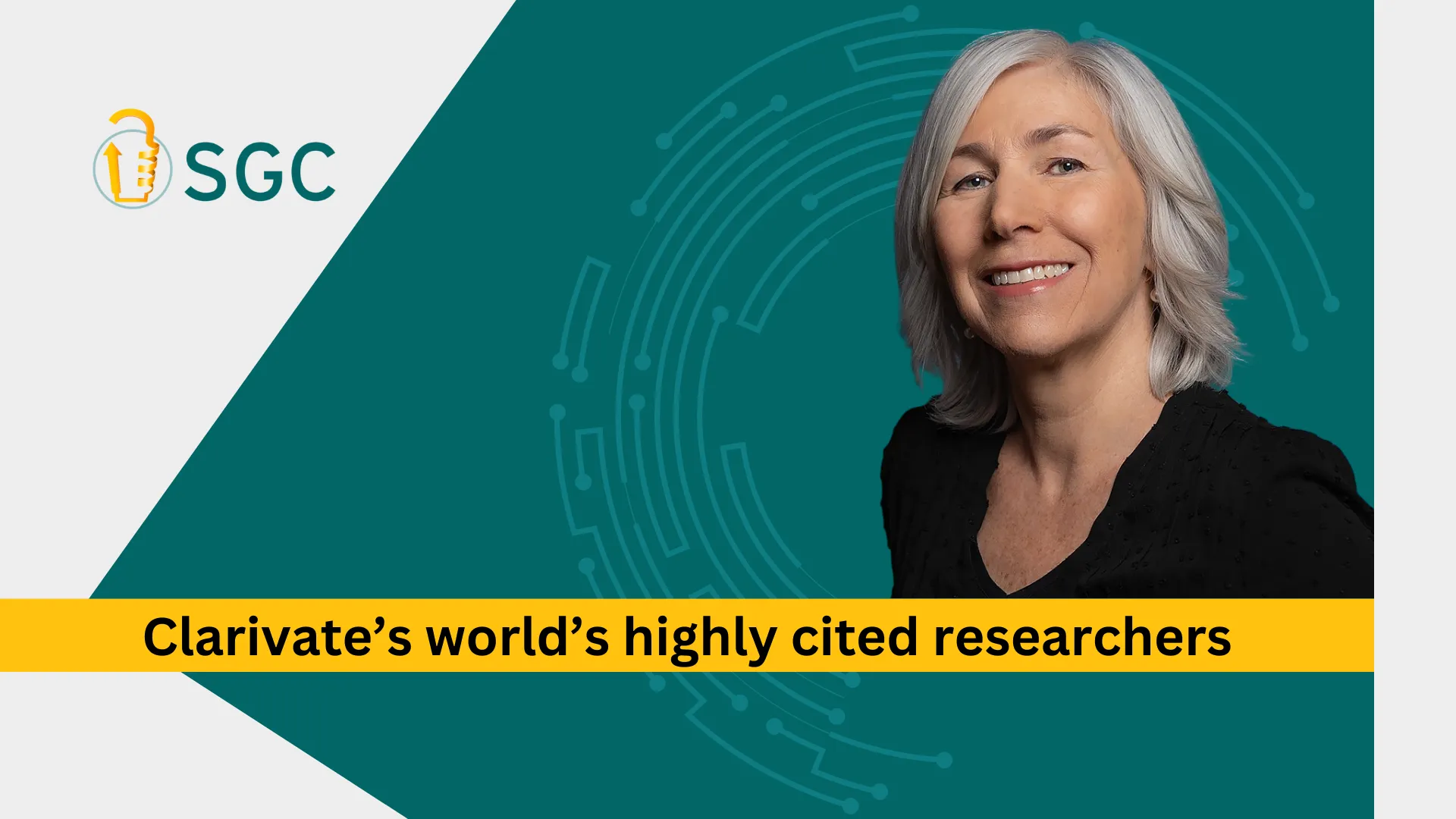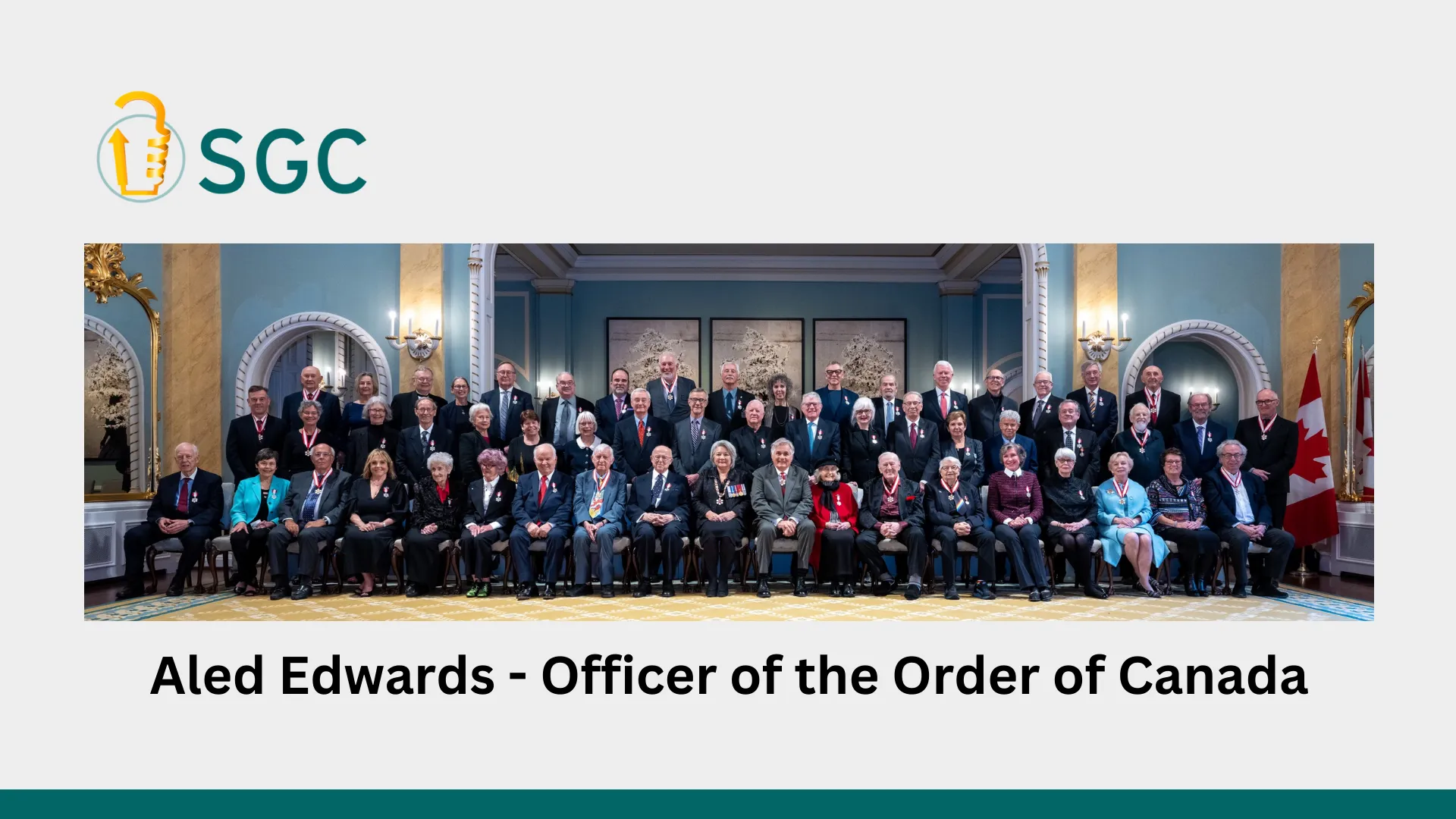Explore our news articles and stay connected with the SGC.
Read about the latest breakthroughs, awards and ongoing work from the SGC. Discover how our work is making a global impact and driving forward the field of drug discovery. Interested in getting first the latest news from SGC?


